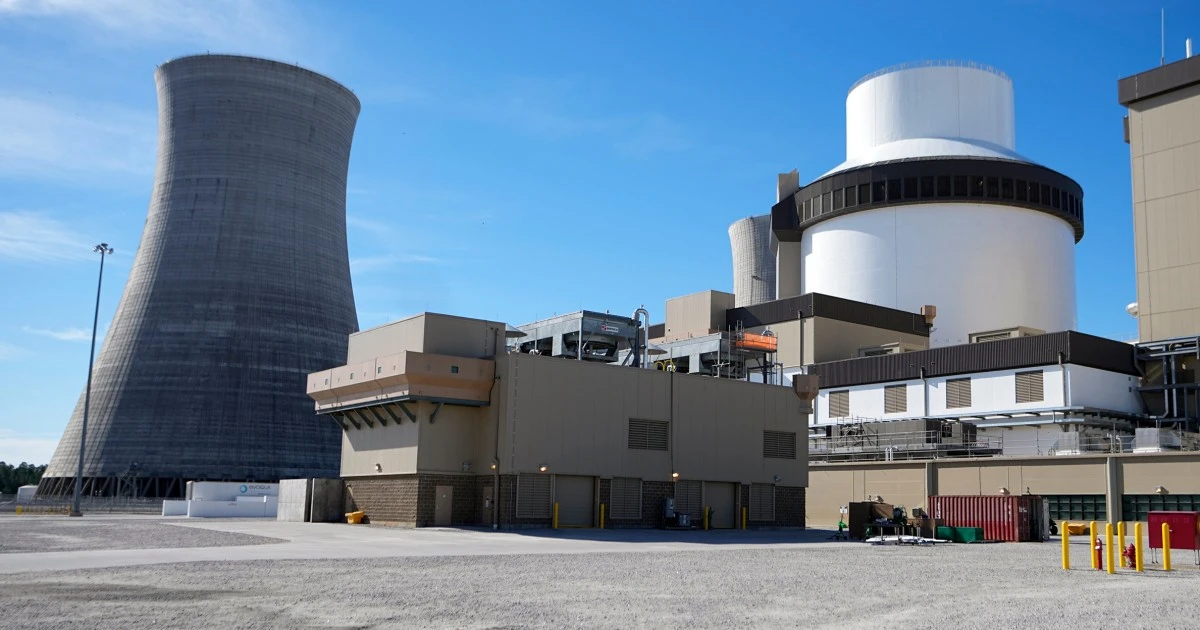First U.S. nuclear reactor built from scratch in decades enters commercial operation in Georgia
First U.S. nuclear reactor built from scratch in decades enters commercial operation in Georgia

First U.S. nuclear reactor built from scratch in decades enters commercial operation in Georgia

First U.S. nuclear reactor built from scratch in decades enters commercial operation in Georgia::ATLANTA — A new reactor at a nuclear power plant in Georgia has entered commercial operation, becoming the first new American reactor built from scratch in decades.